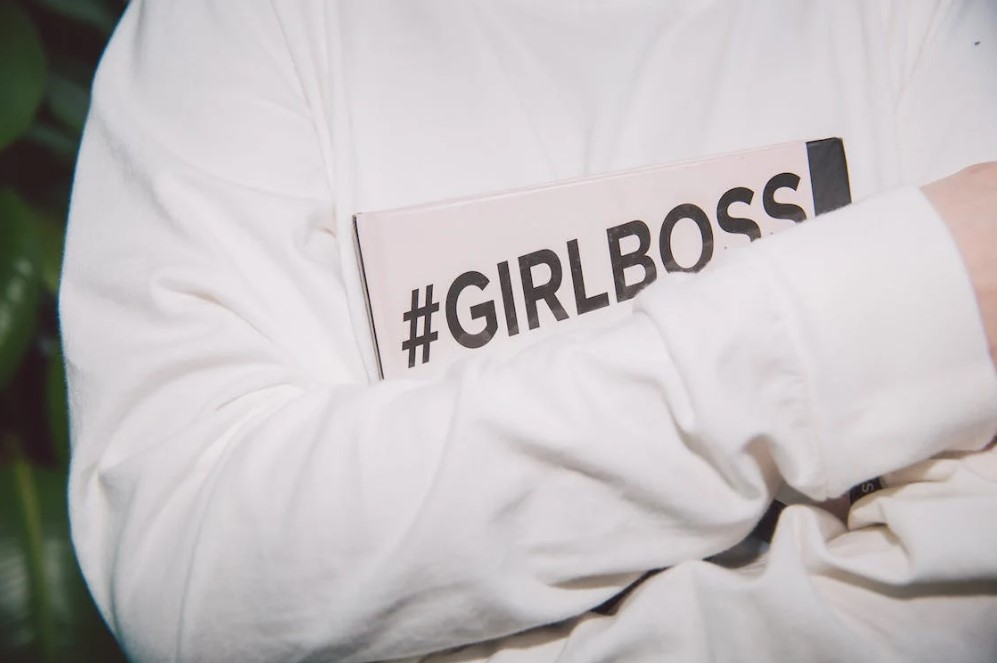Hashtags are everywhere – they’re used to categorize posts on social media, promote events, and even build an online brand. But what happens when you want to trademark a hashtag? Can you do it? The short answer is yes, you can trademark a hashtag. However, it’s not as easy as it may seem. In this article, we’ll dive deep into this topic and cover everything you need to know about trademarking hashtags.

What is a Trademark?
Before we dive into trademarking hashtags, let’s quickly define what a trademark is. A trademark is a type of intellectual property that consists of a word, symbol, or slogan that identifies and distinguishes the source of a product or service. Trademarks are registered with the US Patent and Trademark Office (USPTO) and give the owner the exclusive right to use the mark in connection with their goods or services.
Can You Trademark a Hashtag?
Now, let’s talk about hashtags. Can you trademark a hashtag? The answer is yes, but with some caveats. To be trademarked, a hashtag should be unique and not too similar to an existing trademark. It should also be associated with products or services that are being sold or advertised. For example, Nike’s #justdoit slogan is not just a catchy phrase but is also trademarked.
Benefits of Trademarking a Hashtag
Trademarking your hashtag has several benefits for your business:
- It gives you exclusive rights over its use: By registering your hashtag as a trademark with the USPTO, no one else will be able to use it without your permission. This helps protect your brand identity by ensuring only authorized users can use it when promoting your products or services online.
- It prevents competitors from using it: If someone else attempts to use your trademarked hashtag without authorization they may face legal action from you or the USPTO itself. This helps ensure that competitors don’t take advantage of your hard work by using similar hashtags in their own campaigns or promotions.
- It makes it easier for customers to find you: A unique and recognizable hashtag makes it easier for customers who are already familiar with your brand or product line to find more information about what you offer quickly and easily online.
How to Trademark a Hashtag?
The process of trademarking a hashtag is very similar to that of trademarking a name, logo, or design. The following are the steps involved in obtaining a hashtag trademark:
- Research to ensure that your hashtag is not already trademarked by someone else.
- File an application with the US Patent and Trademark Office (USPTO) that includes your hashtag, business name, and category of goods and services.
- Pay the application fee, which ranges from $225 to $400.
- Wait for the examination process, which can take up to 8 months.
- If your trademark application is approved, the USPTO will publish it for opposition. This means that other parties have 30 days to oppose it.
- If no opposition is filed, your trademark will be registered, and you will receive a certificate of registration.
Hashtag Trademark Examples
Here are some examples of successful hashtag trademarks:
- Coca-Cola’s #shareacoke
- Olive Garden’s #neverendingpasta
- Red Bull’s #givesyouwings
- McDonald’s #imlovinit
How to protect your trademarked hashtag?
Trademark owners need to actively protect their trademarks from misuse, infringement, and dilution. Here are some measures that they can take to protect their trademarked hashtag:
- Monitor social media platforms and websites for potential infringement by conducting regular searches for your hashtag
- Send cease and desist letters to those infringing on your trademark
- Take legal action against those that continue to infringe on your trademark
Conclusion
Trademarking a hashtag can be a smart move for your business or brand. It can help protect your intellectual property and build brand recognition. However, it’s important to carefully consider whether your hashtag is unique and associated with the goods or services you’re selling. If you’re considering trademarking a hashtag, make sure to follow the steps outlined above and seek advice from a trademark attorney if necessary.

Comments